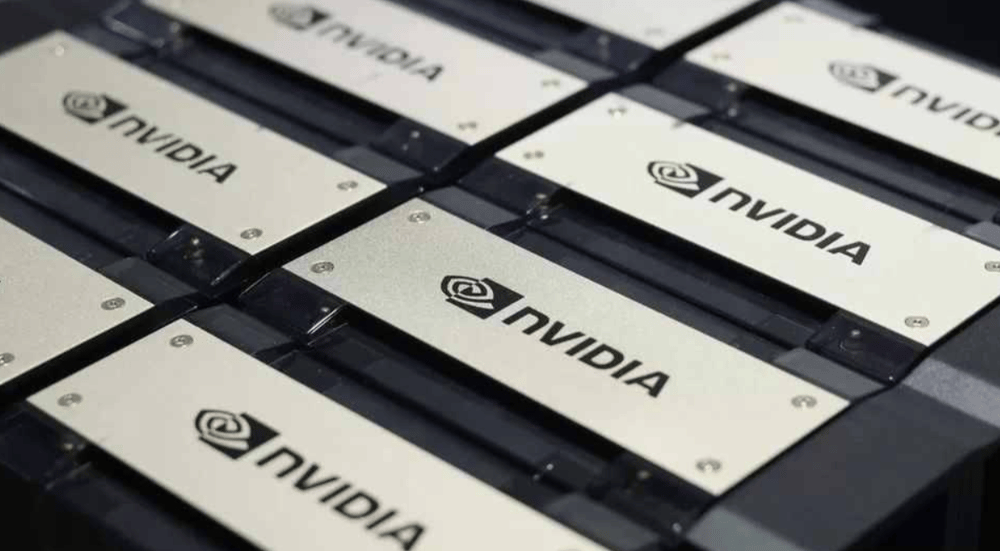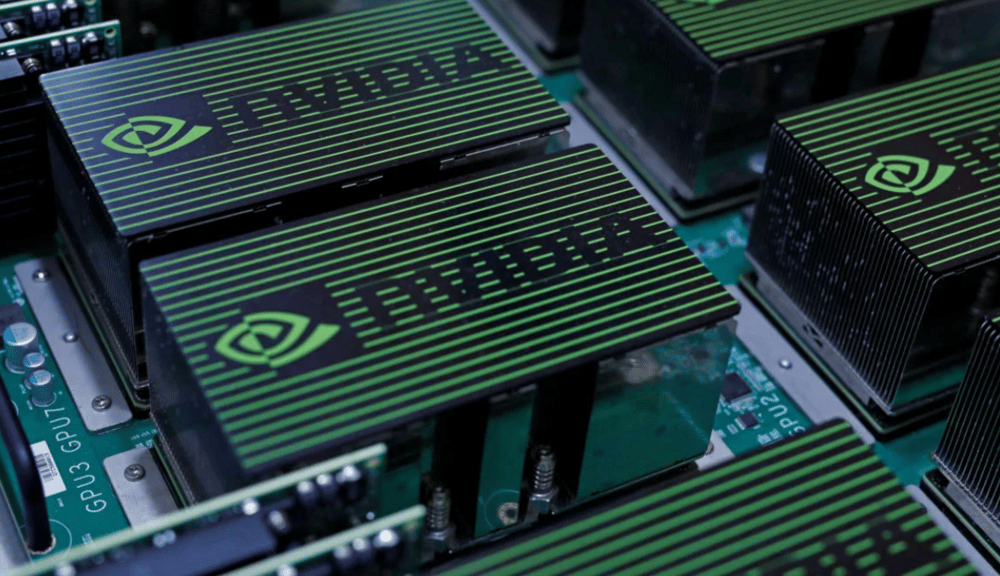Washington Eyes Post-Sale Oversight of Nvidia AI Chips to Tighten Export Control Loopholes
In a significant policy shift that could reshape global semiconductor trade, a U.S. lawmaker is preparing to introduce legislation that would enable tracking of advanced AI chips, including those produced by Nvidia Corp. $NVDA, after they have been sold. The forthcoming bill, which has bipartisan support in Congress, is aimed at strengthening national security and closing gaps in export control enforcement amid mounting reports of AI chip smuggling to China.
This legislative effort marks a further escalation in the U.S. government's attempts to curb China's access to cutting-edge artificial intelligence hardware, reflecting growing concerns about the strategic misuse of AI technologies, including their potential application in the development of biological or military-grade systems. The bill is expected to propose a post-sale geolocation framework that could compel chipmakers and system integrators to maintain visibility into the end-use and physical location of high-end semiconductors.
Chip Tracking in the Age of Geopolitical AI Competition
The spotlight on Nvidia’s high-performance chips, such as the H100 and A100 models, comes as the U.S. continues to expand its semiconductor trade restrictions, which began under the Biden administration and have found continued support under former President Donald Trump’s return to political prominence.
These chips are critical for powering large language models (LLMs), image generators, and other advanced AI systems. Due to their value and restricted nature, they have reportedly become targets for smuggling rings seeking to circumvent U.S. export controls. Intelligence and defense officials warn that unmonitored chip flows could pose national security threats if they end up in state-sponsored Chinese labs or unauthorized foreign military programs.

Key Factors Behind the Legislative Push:
Escalating AI arms race between the U.S. and China, with a focus on technological supremacy in defense and biotechnology.
Circumvention of export laws through illicit re-export, gray-market trading, and mislabeling of end-users.
Concerns about dual-use risks, where AI chips intended for civilian R&D could be diverted for offensive capabilities.
Gaps in traceability, where current export frameworks stop monitoring at the point of initial sale, leaving chips vulnerable to diversion post-purchase.
Reinforcing Chip Security with Legislative Innovation
The proposed law would potentially mandate hardware-level or software-based geolocation tracking systems, enabling U.S. authorities or manufacturers to monitor AI chips in real time. It would also likely require reporting obligations for resellers and global distributors, adding transparency to downstream supply chains.
Analysts suggest this could pressure major chip producers and cloud infrastructure providers to implement robust compliance infrastructure, which might include secure firmware, audit trails, and usage verification protocols. While Nvidia is not accused of wrongdoing, the company could face increased regulatory burden if the law passes.

Proposed Measures Likely to Be Included:
Real-time geolocation requirements for AI chips post-sale, especially for overseas transactions.
Mandatory disclosure of resale activity, including final recipients and use cases.
Penalties for non-compliance, potentially involving fines or restrictions on export licenses.
Cross-border enforcement partnerships, allowing coordination with allied nations on AI chip flow controls.
Manufacturer-side obligations to embed traceability tools directly into chip design or system firmware.
Charting a New Regulatory Era in Semiconductor Oversight
The forthcoming legislation targeting Nvidia's AI chips reflects Washington's broader strategy to safeguard critical technologies amid intensifying competition with China. As AI becomes deeply embedded in both commercial and national security applications, the ability to track and verify chip destinations post-sale could become a vital component of the evolving U.S. export control regime.
While the specifics of the bill remain under development, its anticipated scope suggests a paradigm shift in how semiconductors are regulated and policed globally, adding layers of oversight previously unseen in the tech supply chain. The outcome could set new standards for responsible AI development and trade security — with ripple effects across hardware, software, and geopolitical spheres.















Comments
This sale could act as a catalyst for transformative changes in tech automation